Thank you, friends, for posting your impressive comments on ‘Impressions’.
Capt. Sarma writes: “From Antwerp, we were driving to Rotterdam and on the way, we had a flat tyre. As I was trying to change the tyre, an elderly gentleman, driving a tractor, offered to help. He didn't know English and I didn’t know Dutch. He asked me to move over. He took his gear from the tractor and changed the tyre. He asked me to accompany him to his house where he offered us tea. He then sent his son with us to the nearest place where I could get the tyre repaired. A lasting impression of helping attitude and genuine goodness.”
18th of July, 1918 marked the birth of Nelson Mandela, whose resilience and undying commitment to end apartheid came to fruition in 1991. He went on to serve as the President of South Africa. Today marks his 103rd birth anniversary.
Today’s Apartheid: Inspired by Mandela
Apartheid is an Afrikaans word meaning ‘apartness’ or ‘separation’ — or, as someone put it, ‘apart-hood’.
Racial discrimination of the worst kind was imposed by the Afrikaners National Party when it came to power in 1948. Many new laws were passed to ensure segregation at all levels, some of the most important (or shall I say notorious?) laws related to ‘Race Classification’. These empowered the government to determine who is white and who is not (some Indians were classified as non-white). The ‘Mixed Marriage Act’, for example, prohibited inter-race marriages. The ‘Group Areas Act’ forced people of certain races to live in designated areas like the ghettos.
There’s more to Apartheid than black and white. As I grew up in Mysore, I had assumed that many of the social customs and practices prevalent back then were accepted norms of human interaction. When I look back, what we did 50 years back seems quite unacceptable and demeaning. Many of those practices were predicated on hygiene and justified as acceptable social norms of behaviour.
Have you ever seen a labourer cupping his hand under his mouth and drinking the water that was poured from a pitcher? I have not just seen this, but I have poured water into that cupped hand as a young boy. Even during the 60s, I have seen a certain section of the people waiting outside a restaurant with an aluminium tumbler for coffee to be poured into that tumbler. Though they were paying for it, they were not allowed to sit inside with others.
Did you know that way back in the 50s and 60s in many places in India, including my hometown Mysore, there was a separate section for women in movie theatres? Of course, there was a separate queue too. It was so funny yet strange that newlyweds would go to see a movie and, instead of holding hands and sharing popcorn as it happens today, the husband would ask the wife to buy the tickets as the ladies queue was always much shorter and then they would go their separate ways to the designated enclosures. In those days men and women were segregated in more ways than one — including temple gatherings, lines in front of the sanctum sanctorum, wedding halls and for quite some time even separate schools and colleges.
Though such blatant segregation is now a thing of the past, consciously or subconsciously people still tend to discriminate. Though our country is secular, it is rife with caste politics and within each caste, we see a class-based differentiation, primarily between the haves and the have nots.
Let us look at gender discrimination. Everyone is aware of the prejudice against a girl child. Though this has, to a great extent, diminished among the educated masses, it still raises its ugly head in rural India, where the burden (and corresponding blame) of producing a male child is imposed on the woman, which is ironically contrary to the biological reality. The ‘Beti Bachao, Beti Padao’ scheme is yet to bear the desired results but is an expression, of political will towards that objective.
Sons are considered assets and daughters a liability. This is despicable, no doubt, but its origin lies in the dowry system. Before the dowry system was legally dismantled there was unfettered demand for dowry. Though the fear of prosecution has dampened the dowry demands, the malice lurks beneath and now and then we come across cases of dowry harassment and dowry deaths.
Another apartheid area is education. It is indeed heartening to see the number of educated women going up and in fact, many of them have surpassed their male peers academically. However, the disparity still persists. In many communities, the boys go to school and the girls do the chores.
Hopefully, the glass ceiling is truly shattered by 2050, when India is expected to become a superpower, and the academic disparity between boys and girls will have diminished significantly if not entirely.
Discrimination at work is another matter of concern. Women encounter challenges in career progression, particularly if they are more entrepreneurial than their male colleagues.
The fact that a law had to be passed to prevent sexual harassment at the workplace indicates that some men revel in making sexist remarks and indulge in lewd behaviour.
‘Skin in the game’ is a very positive phrase that simply means that you have something at stake and you will do everything possible to protect your investment. But what if the skin is the game that people play and create an apartheid distinction between ‘dark’ and ‘fair’?
Turn to any matrimonial page, you will see a large percentage of posts seeking a ‘tall, slim and fair’ bride. I don’t see many posts for a fair boy though. I have come across ‘dark-fair’ couples and how they, despite being nonchalant, feel the raised brows. In one case the girl born to one such couple was very cute, but of dark complexion like one of the parents. Tongues wagged “Oh! The baby is dark. Wish it had taken after the ‘fair’ parent.”
All of you have seen and heard of the ‘Black Lives Matter’ (BLM) movement, created as a response to police brutality against black people in America. More recently, the Stop Asian Hate campaign — a response to increased violence against Asians and Asian Americans in recent years — has been in the spotlight. This is an indication that when the world was aghast at the apartheid in South Africa, varied versions of apartheid prevail in many societies around the world and no one seems to notice. In an ideal world, there wouldn’t be a need for a specific movement to point out such inequality. Unfortunately, this isn’t the case, and both BLM and Stop Asian Hate are necessary to bring to light some of the intersectional challenges faced by non-white people in America. Hopefully, we can move towards a world where every voice is equally heard, and avoid various movements having to fight for public attention.
Disability is another area of discrimination or attitude of indifference. The disabled have no access to facilities in many public places. The stigma of disability also suffers from gender disparity.
A disabled male often finds himself in a much better position than his female counterpart in some respects. Society expects a normal girl to marry a disabled man but not the other way round. If a man did marry a disabled girl it would be seen as some kind of sacrifice on the man’s part and he would be praised for being so compassionate.
Jokes targeting any community or jokes which are sexist are considered discriminatory. Many such jokes are doing the rounds, but that does not mean they’re correct. A famous phrase can be altered thus “Discretion is the better part of Humour.”
Covid Apartheid? Yes, in a way people are increasingly becoming aware of rules for social distancing, no-human contact or social interaction with other people. The Covid ‘untouchability’ is a welcome phenomenon though, unfortunately, other forms of untouchability continue elsewhere all over the world.
Dear readers, I chose a somewhat serious subject for this edition. It is an ode to people like Gandhiji, Mandela, Martin Luther King and many others who fought to end racial discrimination.
Do share with me and other readers any instance of discrimination you have encountered in your life. Thank you.
Please continue to be on your guard. Don’t let the mask slip and the distance shrink!




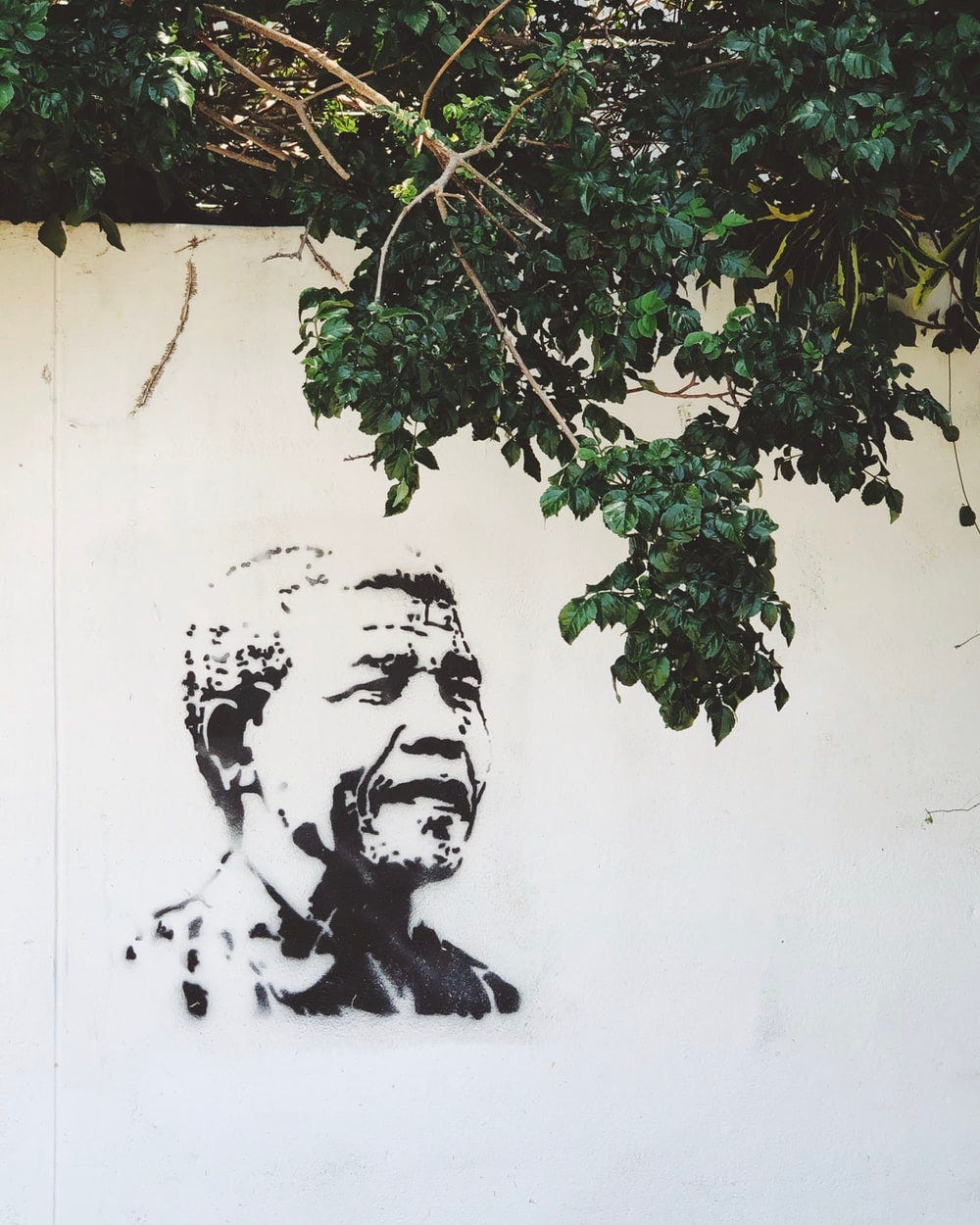
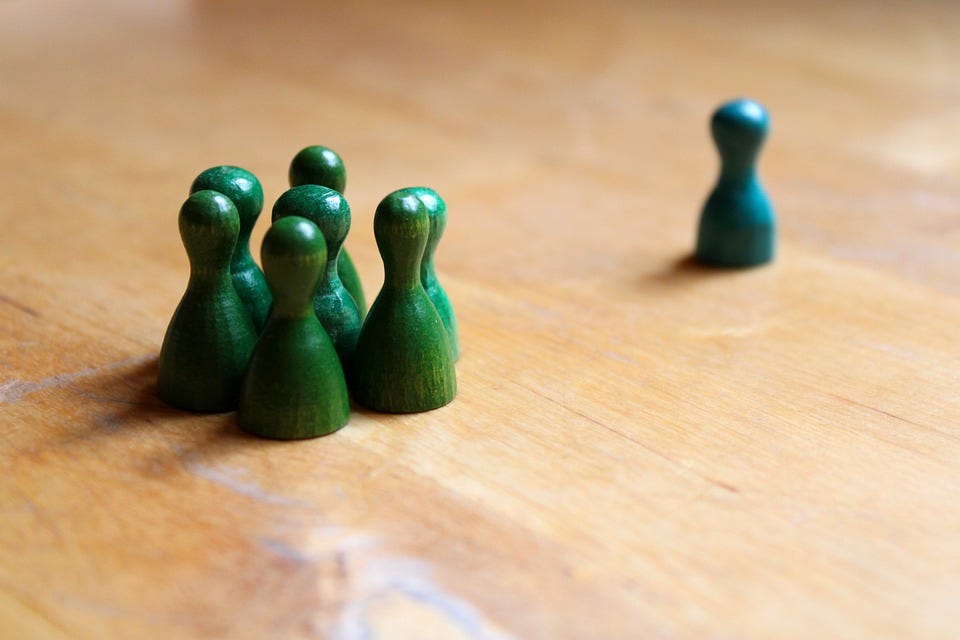
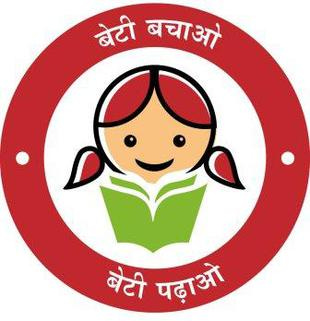
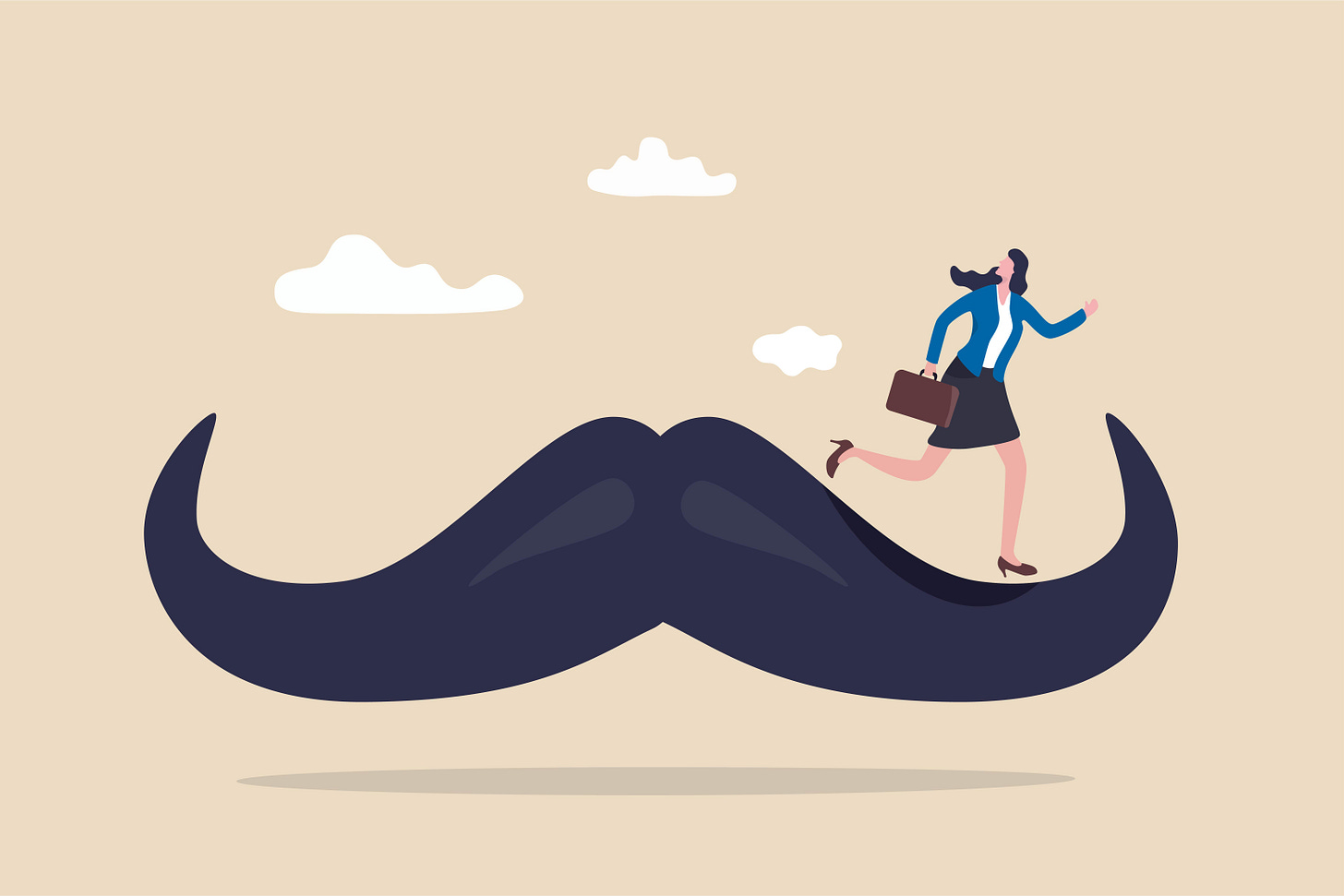
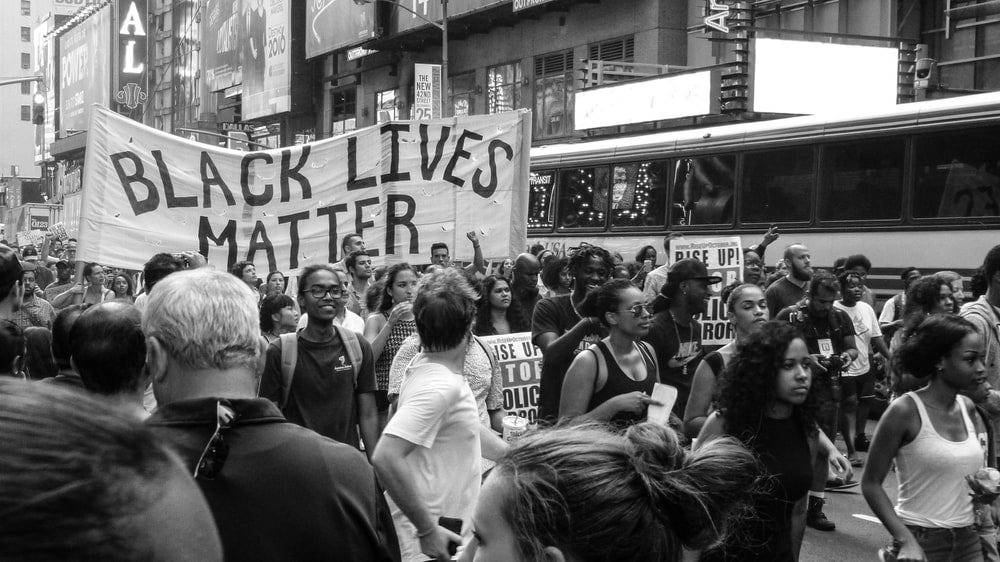
A lot to appreciate in this post, especially the recognition of disability as an area of discrimination and exclusion - this is forgotten all too often, and thank you for including it.
I really, really hope you will consider writing a post about issue of colourism and skin attitudes in South Asia. People don't write about it enough. In the U.S., it affects not only how Indian Americans view ourselves, but also raises important, unsettling questions about where our community stands in debates about race.
Why is human discrimination so resilient? I would argue it's because we (humans) tend to forget or opt not to fight against it when we don't experience it ourselves.
In his latest cup of Filter Coffee Pras has dealt with discrimination in terms of race, gender, disabilities and complexion. I may add language, accent and pronunciation.
My wife and I were denied hotel accommodation in Antwerp way back in 1966 because of racial prejudice. We were also at the receiving end in England about our accent. In France the petrol pump attendant refused to converse in English(which he knew)but was happy with Hindi and Malayalam which he did not.
Discrimination against women is a different story. Women are handicapped when they compete with men. Responsibilities of child bearing and child care cannot be borne by men. As a result children are more attached to mother. Household chores are mainly undertaken by women. These are all unaccounted, unpaid and unappreciated work. Men have to change the mindset and help by sharing household chores. In addition married women must be paid a basic pay by the government as in Sweden. It may also be worth considering to reserve teaching in school only to women as this gives them paid summer holidays. In elections, in each constituency is to choose one man and one woman, the disparity of representation of women in politics will disappear.
Let us look forward to a better tomorrow with less discrimination of any kind.